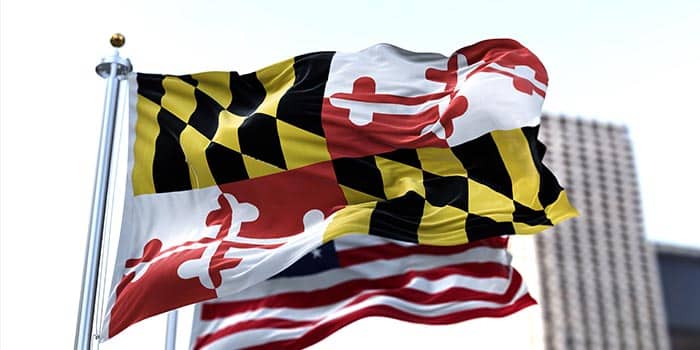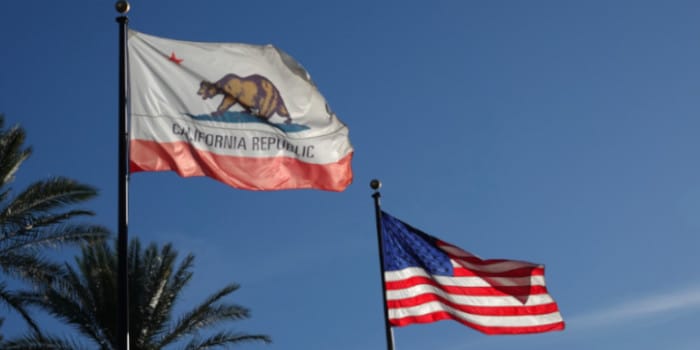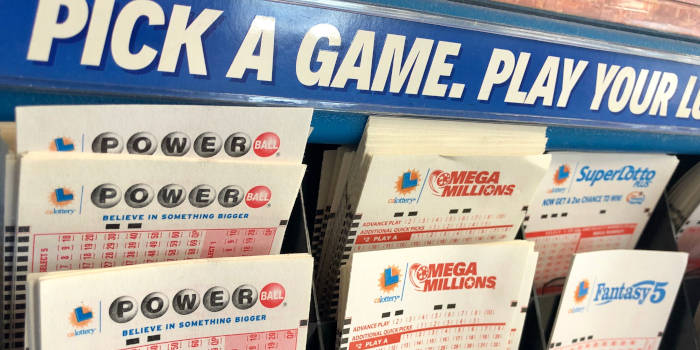Bill to Restore Gambling Loss Deductions Gets Two New Sponsors
Nevada Rep. Dina Titus has attracted two new names to her bipartisan FAI BET Act looking to bring back full tax deductions for gambling losses

Efforts to undo a controversial cut to gambling loss deductions gained more momentum this week, as two more lawmakers signed on to support the repeal.
Soto and Deluzio Join Fight Against New Cap
On Monday, Nevada Rep. Dina Titus announced on social media that Florida Democrat Darren Soto and Pennsylvania Democrat Chris Deluzio have joined as cosponsors of her FAIR BET Act.
“I’ll keep pushing this bipartisan fix through Congress,” Titus, who now has nine cosponsors, posted on X.
Her bill, formally known as H.R. 4304, is currently sitting in the influential House Ways and Means Committee, which handles tax-related legislation. It hasn’t yet been scheduled for a vote, leaving its future uncertain.
It all started out with an apparently insignificant provision that was well-hidden in President Donald Trump’s massive One Big Beautiful Bill (OBBB). The latter is an overwhelming package covering everything from immigration to foreign aid and tax exemptions for car loan interest, tips, and overtime pay that Congress gave the green light to earlier in the month.
The bill, however, also altered the tax code used to limit the deductions that taxpayers can claim on their gambling losses, a move that didn’t sit well with many.
Difficult Fight in the Divided House
Prior to the announced changes, gamblers were allowed to deduct their full losses against winnings when filing taxes. Under the new legislation, that amount will go down to 90%.
While the change will only affect those taxpayers who itemize deductions, which is representative of a small percentage of the population, it nonetheless sparked concern and set the alarm in the gambling industry, with special emphasis on Titus’s Las Vegas-based district.
Industry advocates believe the new measure could significantly hurt professional gamblers while also pushing more players to unregulated markets that escape paying taxes.
Proponents of the deduction cap estimate it will generate over $1 billion in new federal revenue over the next decade. However, critics counter that the expected revenue could fall short if legal play declines.
Titus is now working to build support for her repeal effort in a divided House. Even with bipartisan backing, the bill faces long odds in a Republican-controlled chamber, where leaders have shown little appetite for undoing a revenue source already baked into law.
Her Senate counterpart, Nevada’s Catherine Cortez Masto, also tried earlier this month to restore the full deduction through unanimous consent, but the effort was blocked, signaling stiff opposition remains in the upper chamber as well.
Lawmakers must act before January 1, 2026, when the new deduction limits will go into effect as planned.
After finishing her master's in publishing and writing, Melanie began her career as an online editor for a large gaming blog and has now transitioned over towards the iGaming industry. She helps to ensure that our news pieces are written to the highest standard possible under the guidance of senior management.

















